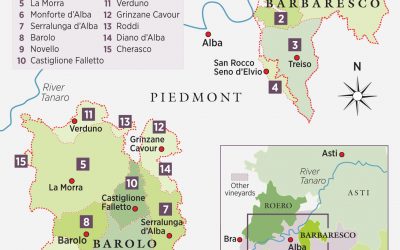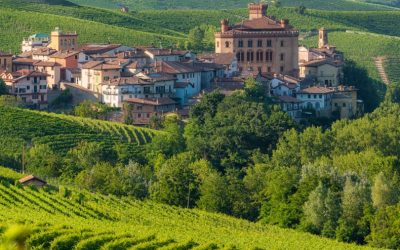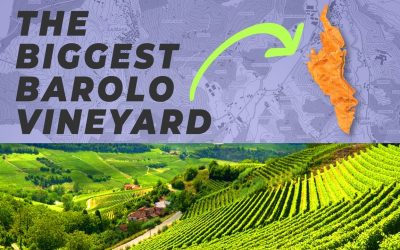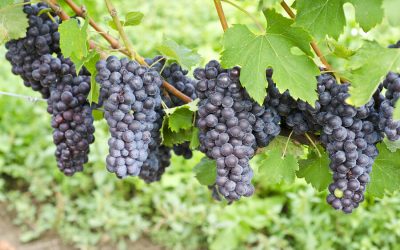Why is Barolo called the King of wines?
Situated in the rolling hills of Piedmont, Italy, Barolo is a wine that carries with it a royal heritage, deep-rooted history, and an unparalleled reputation in the world of wine. Known as the “King of Wines and Wine of Kings”, this iconic red wine has made its mark globally due to its exceptional quality, complex flavor profiles, and astounding aging potential. But have you ever wondered why Barolo has earned the noble title of “King of Wines”?
Why is Barolo called the King of wines?
Barolo is fondly referred to as the “King of Wines” due to a combination of its rich history and its outstanding characteristics. In the 19th century, Barolo became highly esteemed within Italian nobility, thanks to the efforts of the Marchesa di Barolo, Giulia Colbert Falletti. She recruited a French winemaker, Louis Oudart, to refine the winemaking process, which led to a significantly enhanced quality of wine. This superior wine quickly gained favor among aristocrats, including King Victor Emmanuel II, cementing its reputation as a ‘royal’ wine.
The moniker “King of Wines” also reflects the intrinsic qualities of Barolo. Made exclusively from the Nebbiolo grape, Barolo exhibits a compelling mix of power and elegance. Its high tannins and acidity give it great structure and age-worthiness, allowing it to evolve and improve over many years. This, combined with the complex, layered aromas and flavors that it develops with age, make Barolo a wine of remarkable depth and complexity, truly worthy of its regal title.
Barolo’s Unparalleled Quality
One of the most important factors contributing to Barolo’s royal status is its unparalleled quality. Barolo is made entirely from Nebbiolo, a red grape known for its profound complexity, powerful tannins, and high acidity. These characteristics lend Barolo a unique structure and depth of flavor, leading to a wine that is both robust and elegant.
The Historical Connection
Barolo’s association with royalty dates back to the 19th century. The first to champion Barolo was the Marchesa di Barolo, Giulia Colbert Falletti, who enlisted the help of French winemaker Louis Oudart to improve the winemaking techniques of the region. This led to the production of a higher quality, age-worthy wine that soon gained recognition and popularity amongst the Italian nobility, including King Victor Emmanuel II.
The Aging Potential
Barolo’s impressive aging potential further justifies its regal title. With mandatory aging of at least 38 months before it can be released to the market, and with a requirement of 62 months for riserva quality, Barolo is designed to age and improve over time. This long aging process allows the wine’s powerful tannins to mellow, resulting in a wine that is not only rich in flavor but also has a remarkable depth and complexity.
The Unique Terroir
The region’s unique terroir, characterized by the hilly landscape and calcareous-clay soil, contributes significantly to the distinct character of Barolo. The vines, nourished by this specific soil type and microclimate, produce Nebbiolo grapes of extraordinary quality that ultimately give Barolo its distinguishing traits: a complex bouquet, high tannin content, and remarkable aging potential.
Why is Barolo called the King of wines?
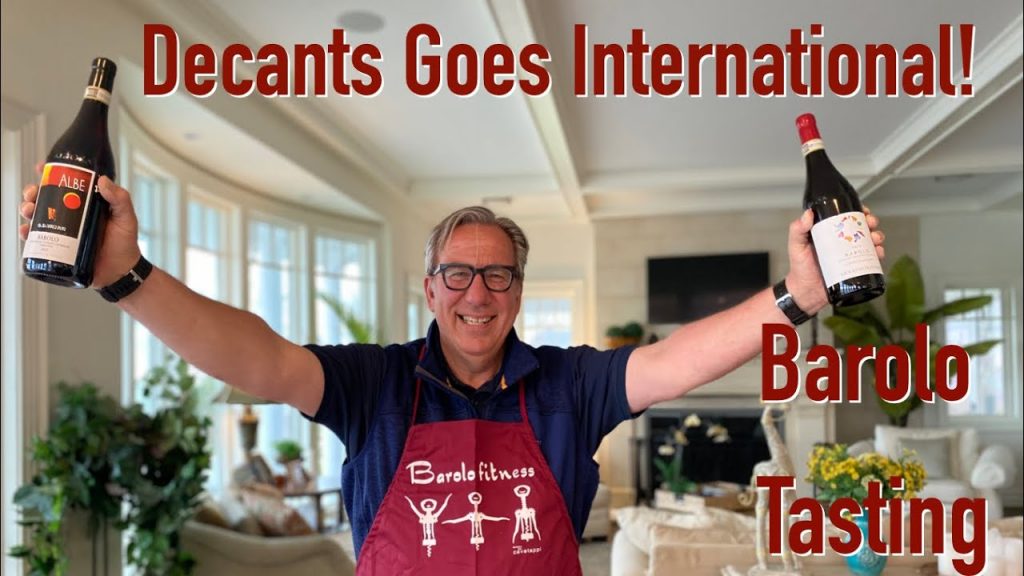
Conclusion: The Everlasting Reign of Barolo
In conclusion, Barolo’s rich history, supreme quality, unique terroir, and outstanding aging potential collectively contribute to its title as the “King of Wines.” Whether you’re a novice wine lover or a seasoned connoisseur, savoring a glass of Barolo is indeed a royal experience – a testament to its well-deserved regal designation.
